Plunge into virtual battles
"Drama" - a term that originally came from English and means "drama", has now become a way for young people to refer to gossip, scandals, or controversial incidents on social networks. From celebrity love dramas to TikToker fights, all attract strong attention.
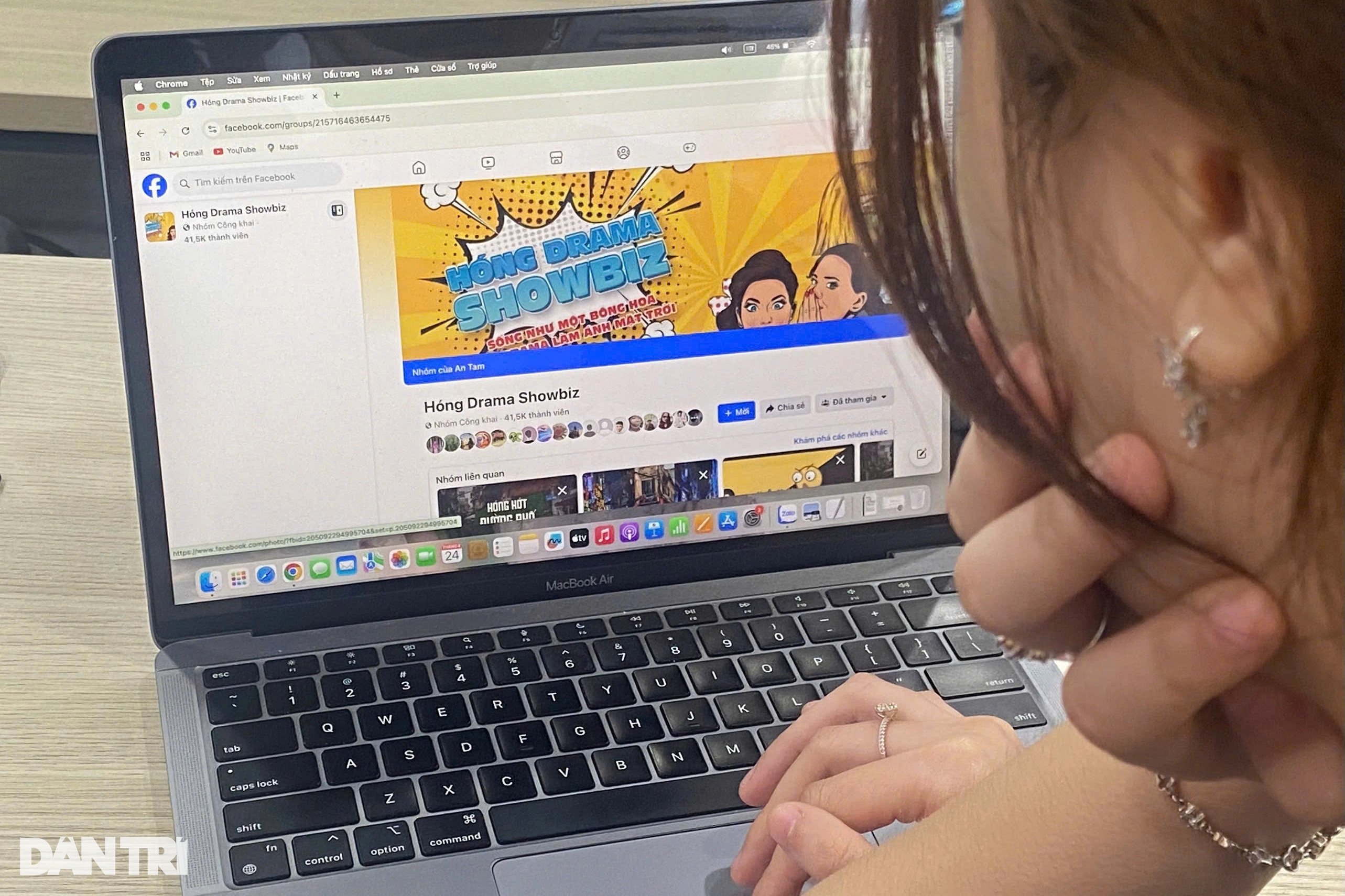
For Trang, watching drama becomes spiritual food.
"Watching drama" has now become such a popular trend that if they don't keep up with it, many young people feel "out of place" and become "old-fashioned" compared to their friends.
Nguyen Thi Quynh Trang (21 years old), a student majoring in Communications in Hanoi , has spent many evenings just following the love dramas of stars, cigarette butts, or candy and vegetable scandals...
"I don't know which side is right and which side is wrong, but I'm caught up in every comment and story. Sometimes I stay up until 2am just to see what happens next in the drama," Trang said.
Not only following, Quynh Trang also regularly participates in commenting and responding to conflicting opinions.
"There was a time when I got into a fist fight with a stranger just because they were defending someone I thought was wrong. At that time, I felt like I was in the middle of a righteous battle and I needed to fight to protect my idol," Trang said.
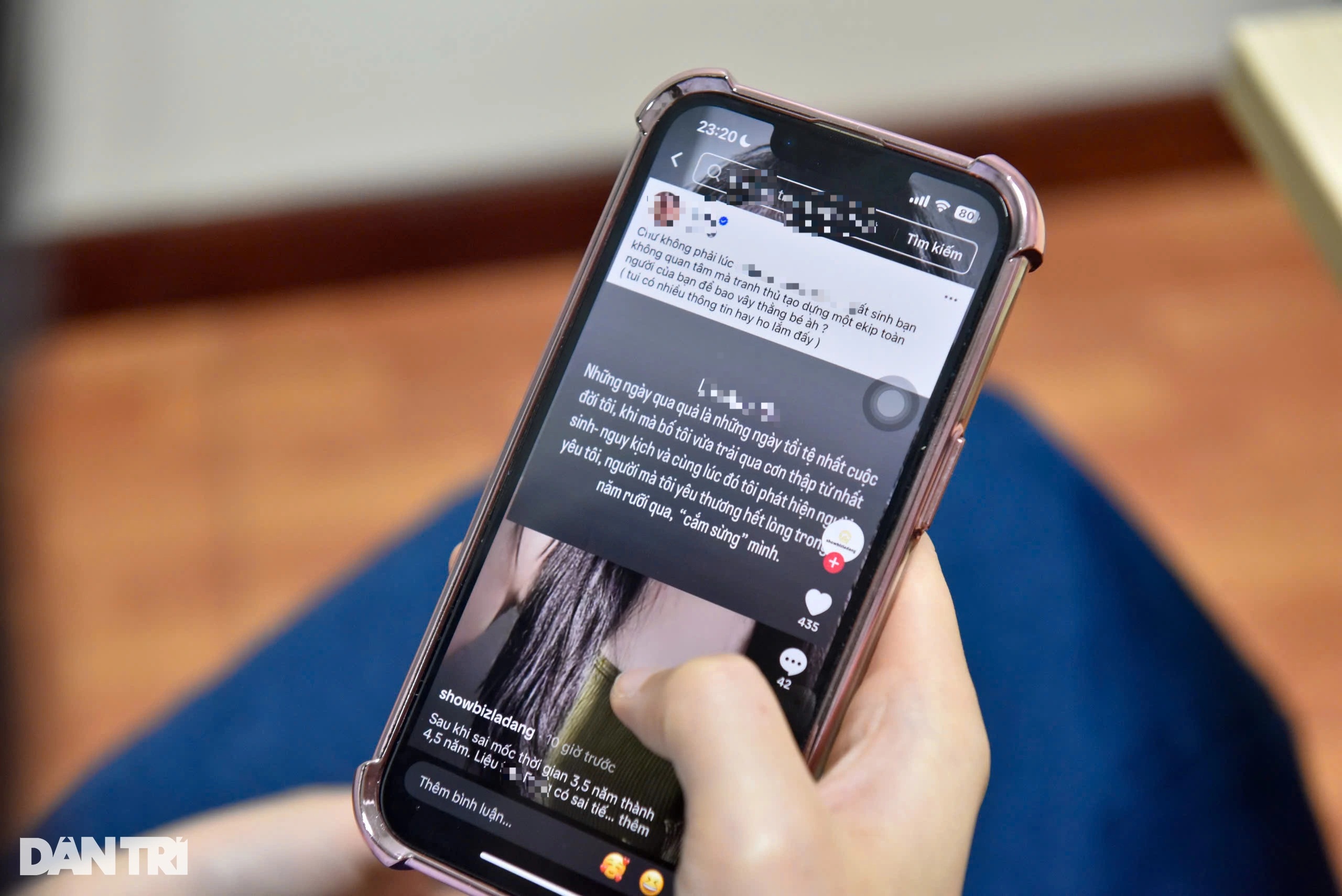
Social media is like a never-ending drama stage.
But the next morning, when Trang woke up, she just felt tired. Many times Trang asked herself: "What did I do with 5 hours of my life last night?".
More than once, getting lost in debates and watching dramas has almost become a hard-to-break habit for Trang.
The female student expressed: "I know I shouldn't, but every time there's a new drama, I can't control myself and open social media to see who said what, who's right, who's wrong, who's just been "exposed". Then I just get caught up in it, forgetting to study, forgetting about deadlines."
After several times of losing sleep and not completing her homework on time, Trang began to look back at her habits. Trang admitted that she did not join in watching dramas because she wanted to find the truth, but simply because she did not want to be left behind.
It's like everyone is talking about it, if I don't listen it's like I'm standing outside of society.
"I realized that those arguments did not help me understand better, did not bring any other value other than making me more and more stressed, lethargic, and absent-minded the whole next day," Trang shared.
Social Media Burnout
With the development of TikTok, Facebook, Twitter, Threads,... "dramas" appear all the time - from showbiz, celebrity's private lives to controversies about lifestyle, gender,education , entertainment. Most of this content has great influence, accompanied by thousands of comments and shares with update speed by the minute.
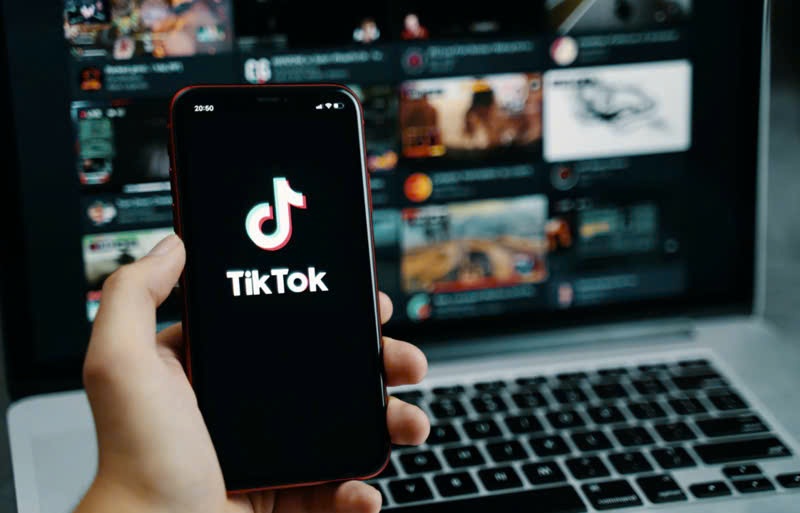
Most of this content has a huge spread, accompanied by thousands of comments and shares with a speed of updating every minute.
Le Hoang Yen (20 years old), a student in Hanoi, said: "Every time there is a hot issue, I see both Facebook and TikTok flooded with information. So I curiously click to see, then just scroll endlessly."
Yen once spent up to 4 hours just watching analysis videos and reading comments about an artist's scandal. She admitted that watching artists' scandals was like entertainment, but the more she watched, the more she felt drawn in, always wanting to update more for fear of missing out.
The phenomenon of "FOMO" - the fear of missing out - is becoming more and more common among young people. They are afraid of not being able to catch up on hot news, afraid of not understanding what their friends are saying.
That is also the reason why Yen Nhi (19 years old, in Hanoi) spends more than 6 hours a day surfing the internet, even though she doesn't comment or argue.
"I have up to 6 social media accounts: Facebook, Instagram, TikTok, Threads, Zalo, Twitter. Whenever there is a drama, I have to go in and watch it right away. There are days when I still hold my phone at 2-3 am to watch livestreams and read comments. I'm afraid that when I wake up tomorrow morning, I will be behind my friends," Nhi said.
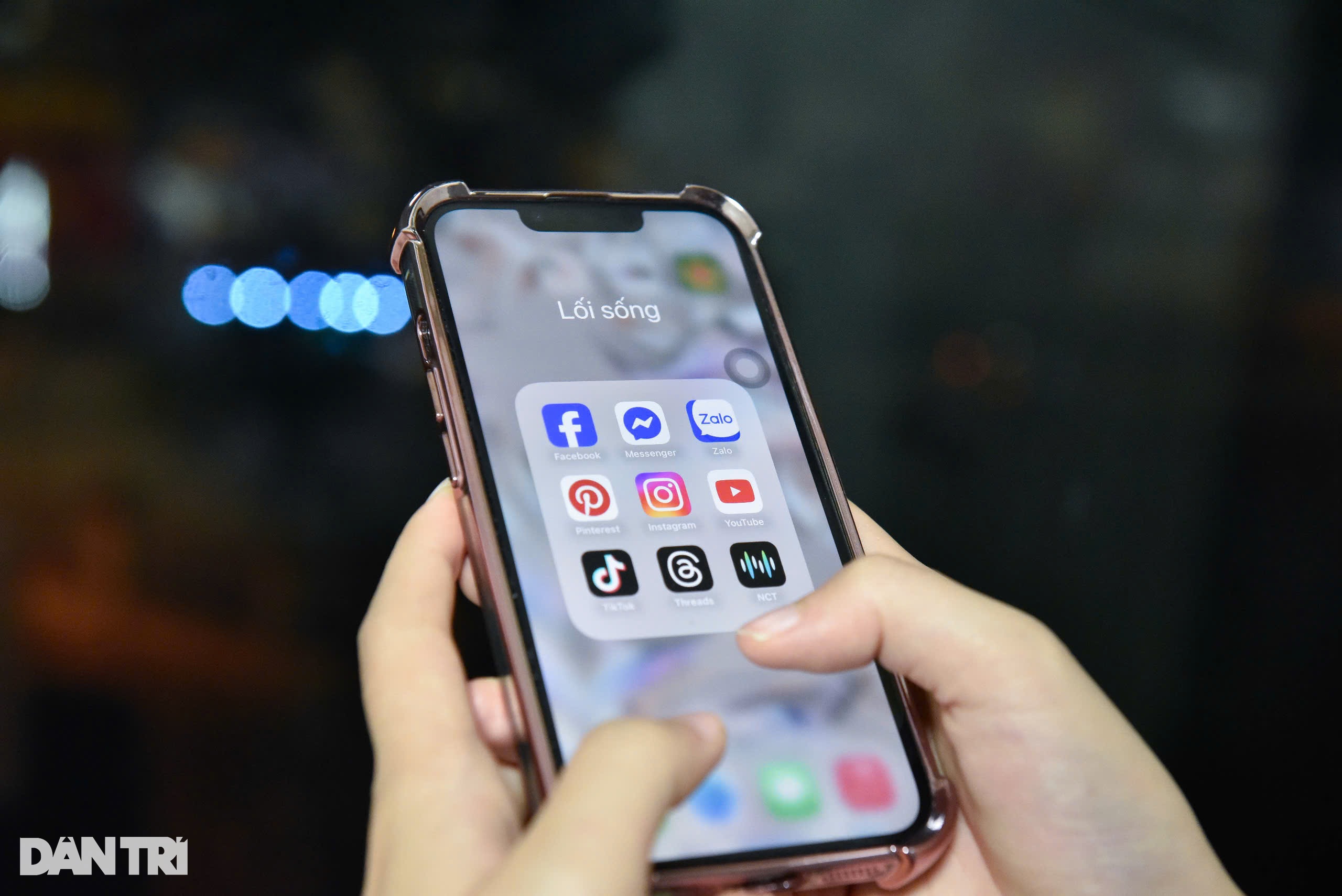
Owning multiple social networking applications at the same time makes young people even more caught up in endless virtual wars.
This prolonged condition made Nhi feel tired, unfocused, and even exhausted because she had to be online all the time to update the latest news. Nhi said that feeling was terrible but very difficult to stop.
Vietnamese Social Networks: Never-ending Drama Stage
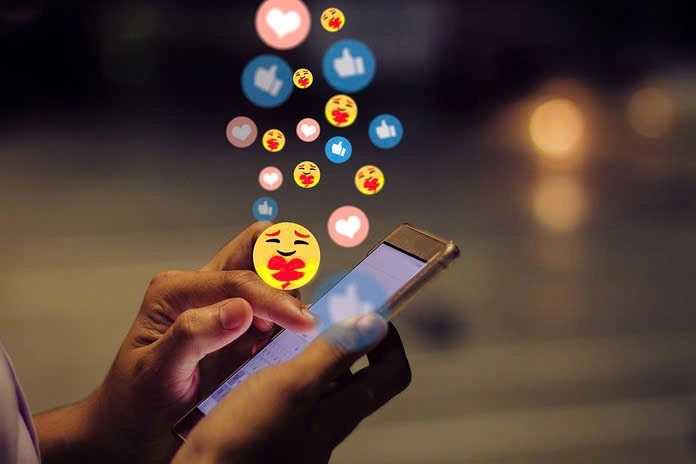
A "revealing" clip on TikTok can reach millions of views in just a few hours, with thousands of controversial comments.
As of early 2024, Vietnam had about 72.7 million social media users, accounting for 73.3% of the total population. Of which, TikTok recorded strong growth, from 50 million to 67.7 million users, showing a strong trend towards short video content.
Platforms like Facebook, TikTok, Threads, Zalo and Instagram are becoming the fastest places to update drama. A "revealing" clip on TikTok can reach millions of views in just a few hours, with thousands of controversial comments. Threads, an emerging platform, has also seen a sharp increase in users, especially among the younger generation.
A study from the National University of Singapore (2023) shows that: Young people who spend more than 3 hours a day watching negative content will have a 27% increased risk of anxiety, insomnia and mild depression. The emotional energy spent on online arguments makes them exhausted without realizing it.
Young people watch drama to… heal?
According to MSc. Hoang Quoc Lan, a clinical psychologist, first of all, watching drama online comes from curiosity and the need for entertainment. Dramatic, controversial stories always have a special appeal, not only to young people but also to the general public. Drama on social networks brings excitement, stimulates curiosity and becomes a constant source of entertainment.

MSc. Hoang Quoc Lan, clinical psychologist.
In addition, social networks are an ideal place for users to express their opinions, debate, and judge. Although sometimes the topic is not related to themselves, joining the flow of discussion according to the trend makes many young people feel connected, participating in the common game of the crowd.
One aspect that few people pay attention to is the psychology of seeking sympathy. Some people watch drama to see others fail and stumble, thereby soothing their own pain.
MSc. Lan shared: "Someone was once ridiculed online for making a wrong statement, then surfed the internet and saw a KOL also being 'stoned' for making a bigger mistake. At that time, they thought: 'Ah, it's not just me who has problems. Famous people are also full of trouble'. This unconsciously helped them feel relieved and less lonely."
However, psychologists also warn: If in the long run you only seek sympathy by "putting others down", it is a negative vicious cycle that does not help to truly heal.
More worryingly, being overly immersed in online arguments has a significant impact on young people's psychology.
"If you are exposed to scandals, arguments, and negativity online every day, over time, you will look at society around you with a skeptical eye, lose faith in others, and become easily anxious, stressed, sleepless, and irritable. In the long run, it can affect your studies, work, and relationships," Master Lan analyzed.
Another problem is the risk of becoming dependent on drama updates. Many young people feel uneasy if they don’t surf the internet for a day, not knowing who has “exposed” who today, who has been exposed for what. The feeling of anxiety makes it difficult for them to focus on more important things like studying, working or taking care of themselves.

Staying up all night to watch drama on social media is a habit of many young people.
To avoid falling into the trap of wasting time and energy from useless arguments, Master Hoang Quoc Lan suggests some simple ways as follows:
- Set a timer for your internet sessions, allowing yourself a maximum of 30-60 minutes per day. You can take advantage of the "Screen Time" or "Digital Wellbeing" feature on your phone to control it.
- Only follow major news sites and reputable accounts, filter news sources before reading to practice critical thinking skills, and avoid getting caught up in sensational headlines.
- Create other healthy habits such as: reading, jogging, playing sports with friends - physical exercise helps the body produce endorphins, dispel fatigue, improve mood and sleep.
Source: https://dantri.com.vn/suc-khoe/tin-minh-o-phe-chinh-nghia-gen-z-kiet-suc-vi-khau-chien-theo-drama-20250513093016171.htm



![[Photo] Ea Yieng commune settlement project abandoned](https://vphoto.vietnam.vn/thumb/1200x675/vietnam/resource/IMAGE/2025/5/25/57a8177361c24ee9885b5de1b9990b0e)
![[PHOTO] Hanoi fences off demolition of "Shark Jaws" building](https://vphoto.vietnam.vn/thumb/1200x675/vietnam/resource/IMAGE/2025/5/25/1b42fe53b9574eb88f9eafd9642b5b45)
![[Photo] French President Emmanuel Macron and his wife begin state visit to Vietnam](https://vphoto.vietnam.vn/thumb/1200x675/vietnam/resource/IMAGE/2025/5/25/03b59c7613144a35ba0f241ded642a59)
![[Photo] Funeral of former President Tran Duc Luong in Quang Ngai](https://vphoto.vietnam.vn/thumb/1200x675/vietnam/resource/IMAGE/2025/5/25/ccf19a3d8ea7450bb9afe81731b80995)
![[Photo] Welcoming ceremony for Prime Minister Pham Minh Chinh and his wife on an official visit to Malaysia](https://vphoto.vietnam.vn/thumb/1200x675/vietnam/resource/IMAGE/2025/5/25/dc30203c3ae24da3990266ec3b29bb2d)


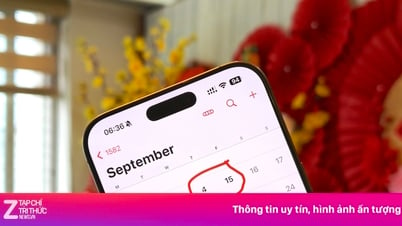

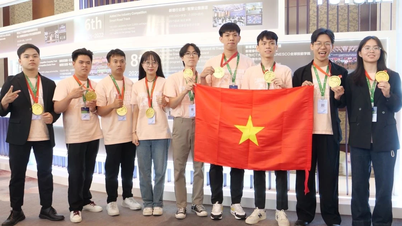

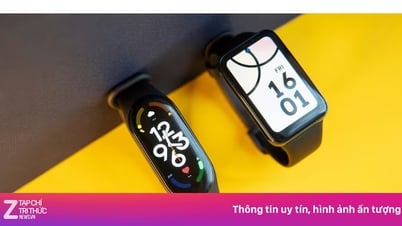












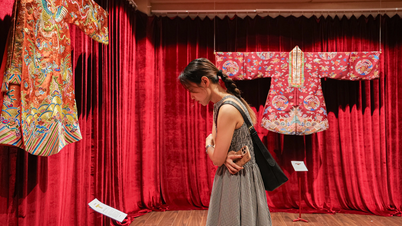



























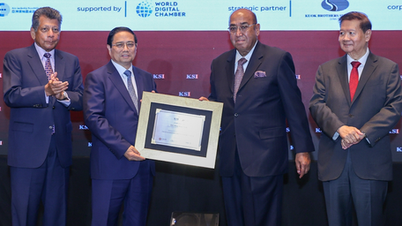
































Comment (0)